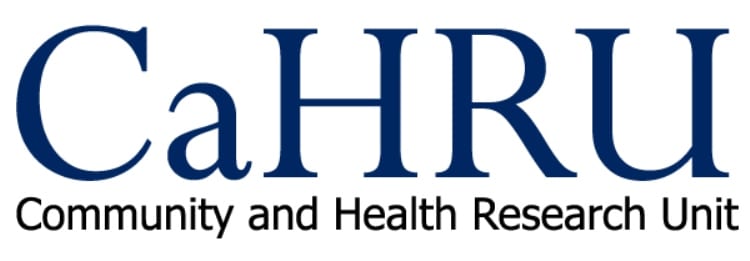Community and Health Research Unit Newsletter Spring 2023

The latest edition of the CaHRU Newsletter (Spring 2023) is now available. The newsletter presents the work of the research centre over the last three months and includes articles from the CaHRU blog covering publications, conferences and funding. The newsletter Continue reading Community and Health Research Unit Newsletter Spring 2023



